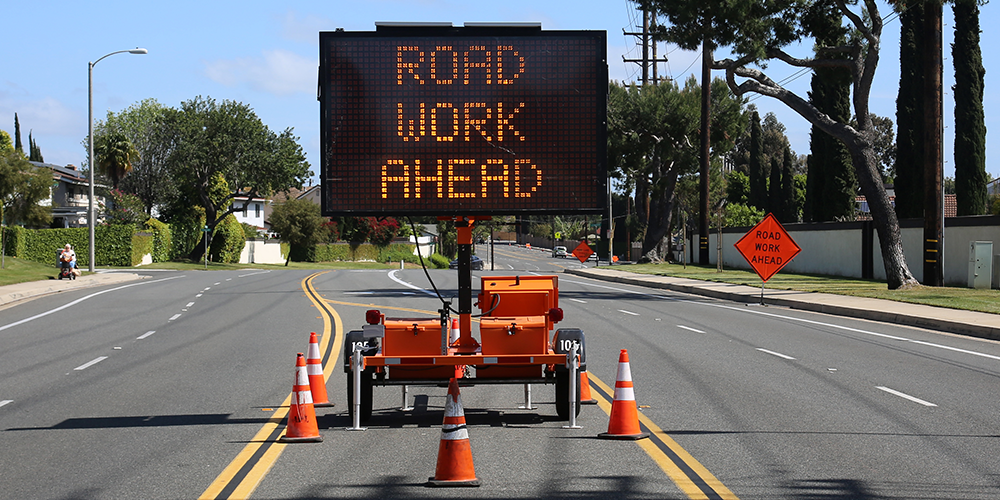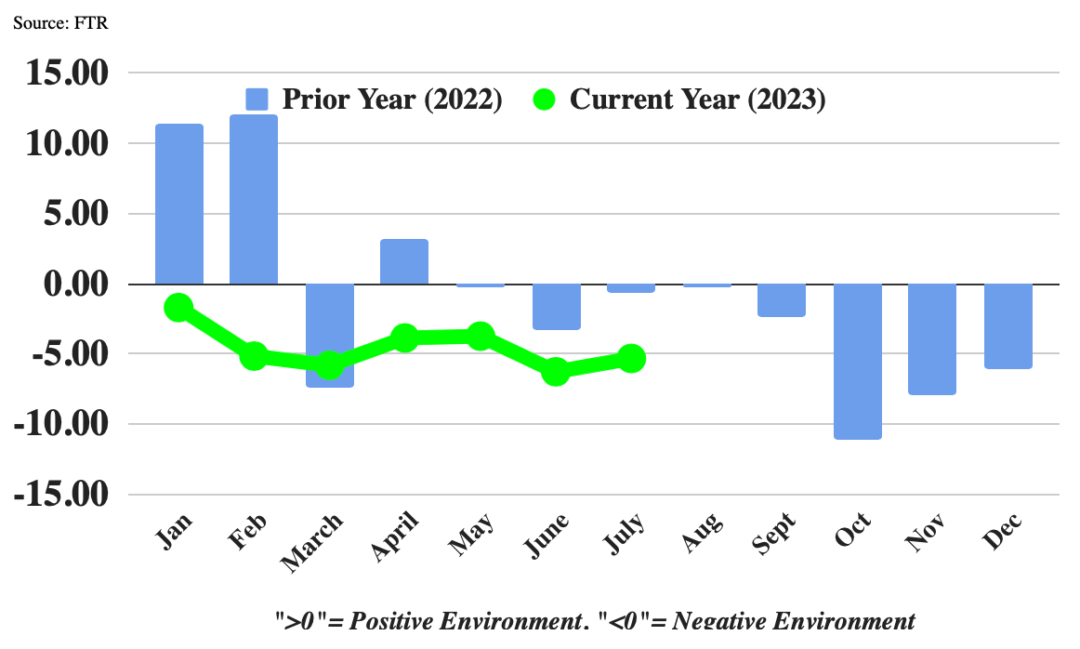The history of American trucking industry is a fascinating journey marked by significant milestones and transformations. From humble beginnings to the modern era, the industry has undergone numerous changes, shaping the way goods are transported across the country. This article dives into the origins of American trucking, explores the innovations that revolutionized the industry, delves into the shifting practices, and highlights the adaptations made to keep up with technological advancements.
The Origins of American Trucking: Paving the Way for Change
In the early 20th century, the American trucking industry emerged as a crucial player in the transportation sector. Before the advent of trucks, goods were primarily transported by horse-drawn wagons and trains. However, the limitations and inefficiencies of these modes of transportation prompted the search for a more flexible and efficient solution. The introduction of the gasoline-powered truck in the 1920s revolutionized the industry, providing a faster and more reliable means of transporting goods. With the rapid expansion of road networks and improvements in infrastructure, the trucking industry gained momentum, paving the way for economic growth and development.
Revolutionizing the Industry: Innovations in American Trucking
The American trucking industry witnessed several groundbreaking innovations that propelled it forward. One such innovation was the development of the semi-trailer truck in the 1950s. This innovation allowed for the transportation of larger volumes of goods, increasing efficiency and reducing costs. Another major breakthrough was the introduction of the containerization system in the 1960s. This standardized method of packaging and transporting goods revolutionized the industry by streamlining operations and enabling seamless transfers between different modes of transportation. These innovations not only enhanced the speed and efficiency of freight delivery but also contributed to the growth of international trade.
Shifting Gears: Transformations in American Trucking Practices
Over time, the American trucking industry experienced significant shifts in its practices. From being an unregulated sector in its early years, the industry underwent transformative changes with the passing of the Motor Carrier Act of 1935. This legislation brought regulation and oversight to the industry, ensuring safety standards and fair competition. Furthermore, the adoption of new logistical practices, such as just-in-time inventory management, helped optimize supply chains and reduce costs. Additionally, the industry witnessed a shift towards sustainable practices, with the implementation of emission standards and the adoption of alternative fuel sources, aiming to reduce the environmental impact of trucking operations.
Modern Era: Adapting to Technological Advancements in American Trucking
In the modern era, the American trucking industry has embraced technological advancements to improve efficiency and safety. The integration of GPS technology and fleet management systems has enabled real-time tracking and monitoring of trucks, optimizing routing and reducing delivery times. Furthermore, the use of telematics devices and sensors has enhanced vehicle maintenance, reducing breakdowns and improving overall fleet performance. The emergence of autonomous vehicles shows great promise for the future of American trucking. With ongoing research and development, self-driving trucks have the potential to increase safety, reduce operational costs, and address the shortage of qualified truck drivers.
The Evolution of American Trucking: Unveiling the Rich History
From its humble origins to its modern-day advancements, the American trucking industry has come a long way. The industry has continuously evolved, adapting to changing needs, embracing innovations, and leveraging technology to revolutionize the way goods are transported. As the backbone of the nation’s economy, the trucking industry plays a vital role in connecting businesses and consumers across the country. With an unwavering commitment to progress and efficiency, American trucking continues to shape the future of transportation and logistics.








